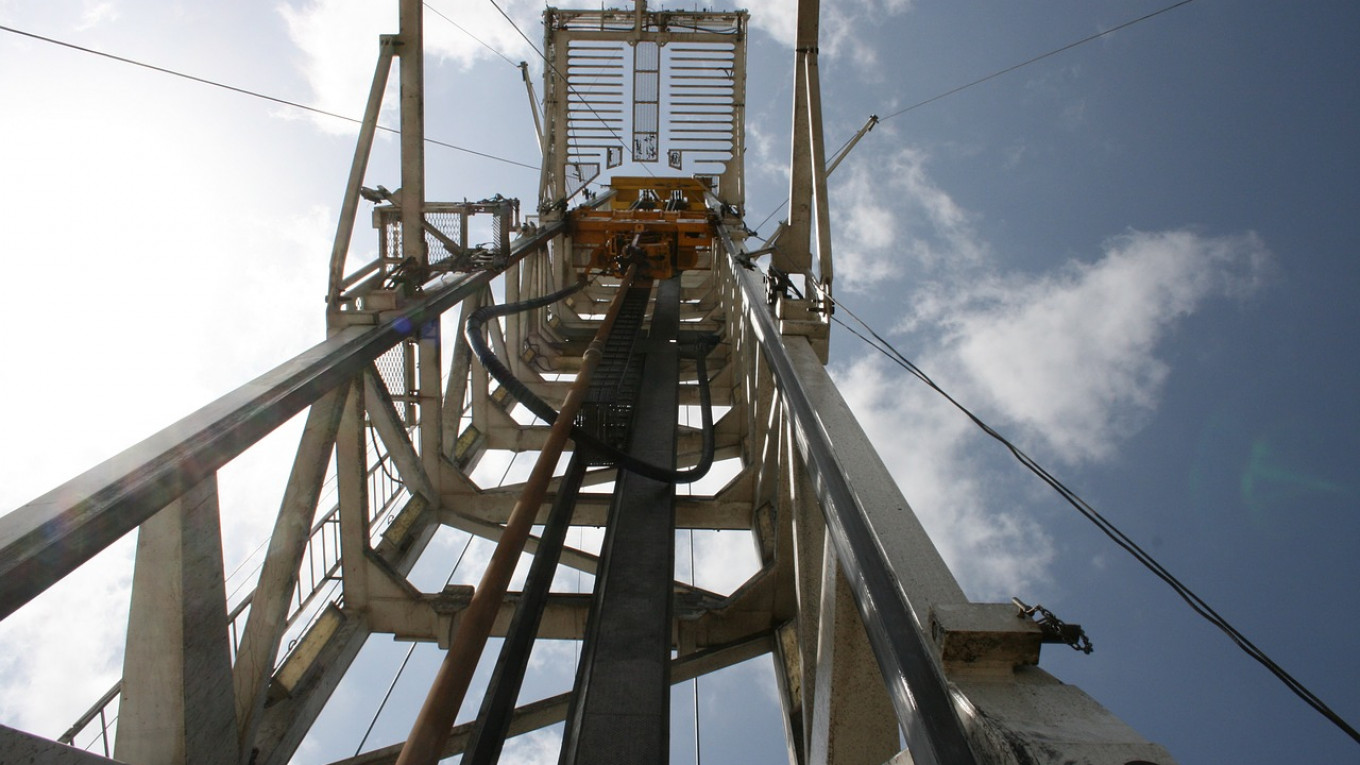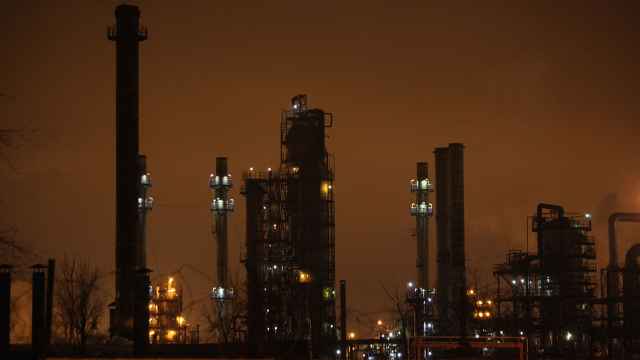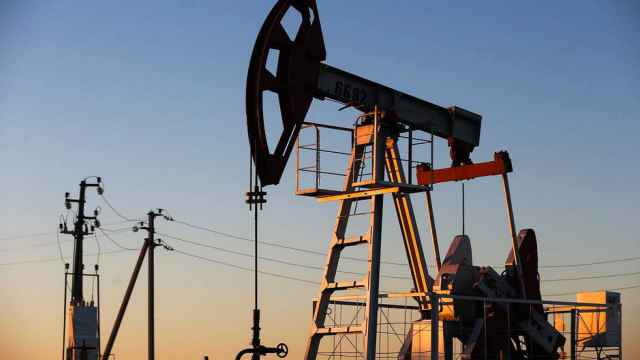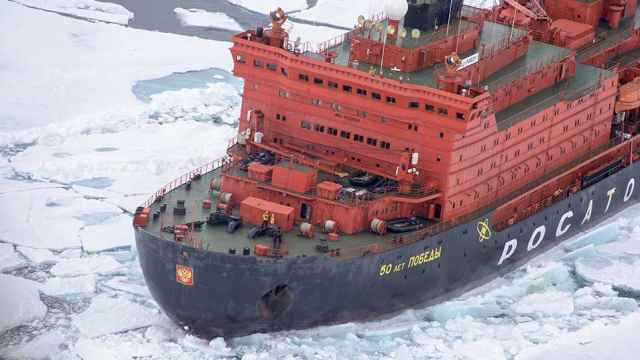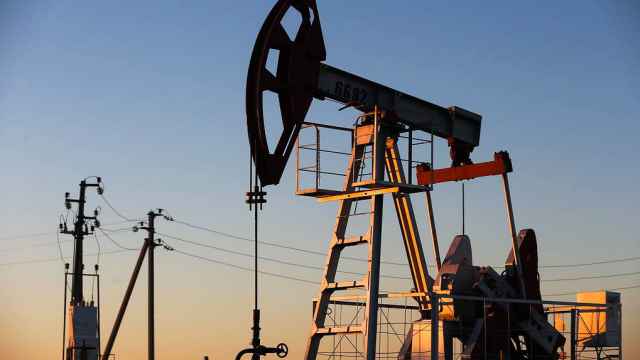U.S. shale energy production is on course to overtake the output of Russia’s entire oil and gas sector by 2025, influential new forecasts have shown.
In its flagship annual review of the global energy market, the International Energy Agency (IEA) was bullish on the prospects for the U.S. shale revolution, predicted falling dominance of Russia and OPEC, and continued to raise alarms that governments are not doing enough to avert a climate disaster.
“Shale output from the United States is set to stay higher for longer than previously projected, reshaping global markets, trade flows and security,” the IEA stated.
If governments adopt all the energy policies they have committed to, “the United States [will] account for 85% of the increase in global oil production to 2030, and for 30% of the increase in gas. By 2025, total U.S. shale output (oil and gas) overtakes total oil and gas production from Russia.”
As a result of the last decade’s shale boom in the U.S., it has already become the world’s largest energy producer. Last year, the U.S. experienced the largest growth in natural gas production “seen by any country in history,” a report by energy giant BP found.
The growth of U.S. output will also knock the dominance of Russia and the Middle East in the global energy mix. The IEA predicted the share of energy produced by Russia and OPEC will drop to 47% in 2030, down from 55% in the mid-2000s.
Russia currently pumps out around 11 million barrels of oil a day, accounting for 11% of world output. A deal struck earlier this year between Russia and the Organization of Petroleum Exporting Countries (OPEC) limits energy production by Russia and the largest OPEC producers such as Saudi Arabia and Iraq in a bid to stabilise prices.
The IEA also issued a stark warning on climate change: “The path the world is on right now … is still well off track from the aim of a secure and sustainable energy future. [This forecast] describes a world in 2040 where hundreds of millions of people still go without access to electricity, where pollution-related premature deaths remain around today’s elevated levels, and where carbon dioxide (CO2) emissions would lock in severe impacts from climate change.”
Russia is the world’s fourth-largest polluter. It became one of the last countries to ratify the Paris climate accord earlier this year, although an original proposal to introduce emissions quotas for Russian businesses was killed-off after push-back from the country’s powerful industrial lobby.
A Message from The Moscow Times:
Dear readers,
We are facing unprecedented challenges. Russia's Prosecutor General's Office has designated The Moscow Times as an "undesirable" organization, criminalizing our work and putting our staff at risk of prosecution. This follows our earlier unjust labeling as a "foreign agent."
These actions are direct attempts to silence independent journalism in Russia. The authorities claim our work "discredits the decisions of the Russian leadership." We see things differently: we strive to provide accurate, unbiased reporting on Russia.
We, the journalists of The Moscow Times, refuse to be silenced. But to continue our work, we need your help.
Your support, no matter how small, makes a world of difference. If you can, please support us monthly starting from just $2. It's quick to set up, and every contribution makes a significant impact.
By supporting The Moscow Times, you're defending open, independent journalism in the face of repression. Thank you for standing with us.
Remind me later.


